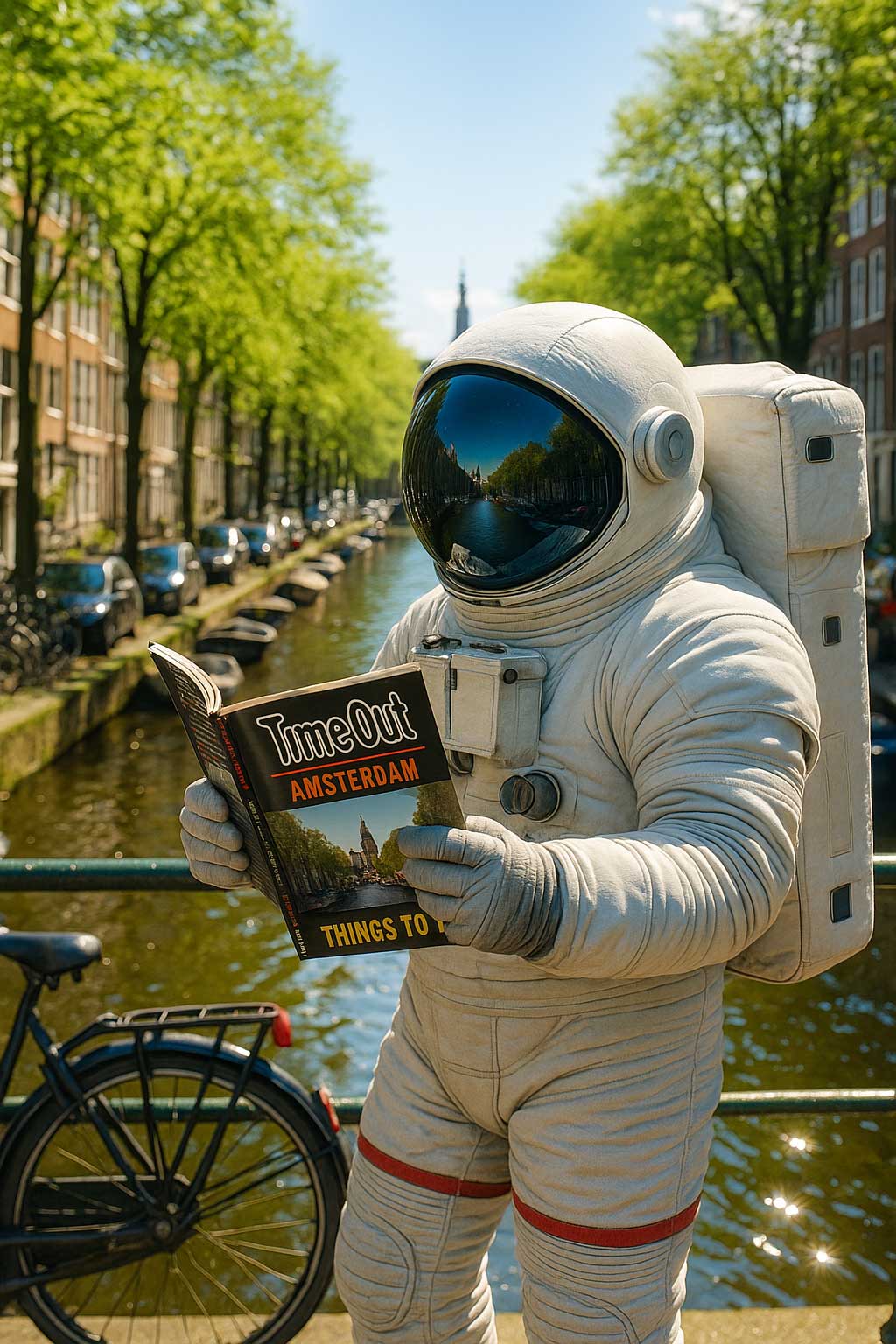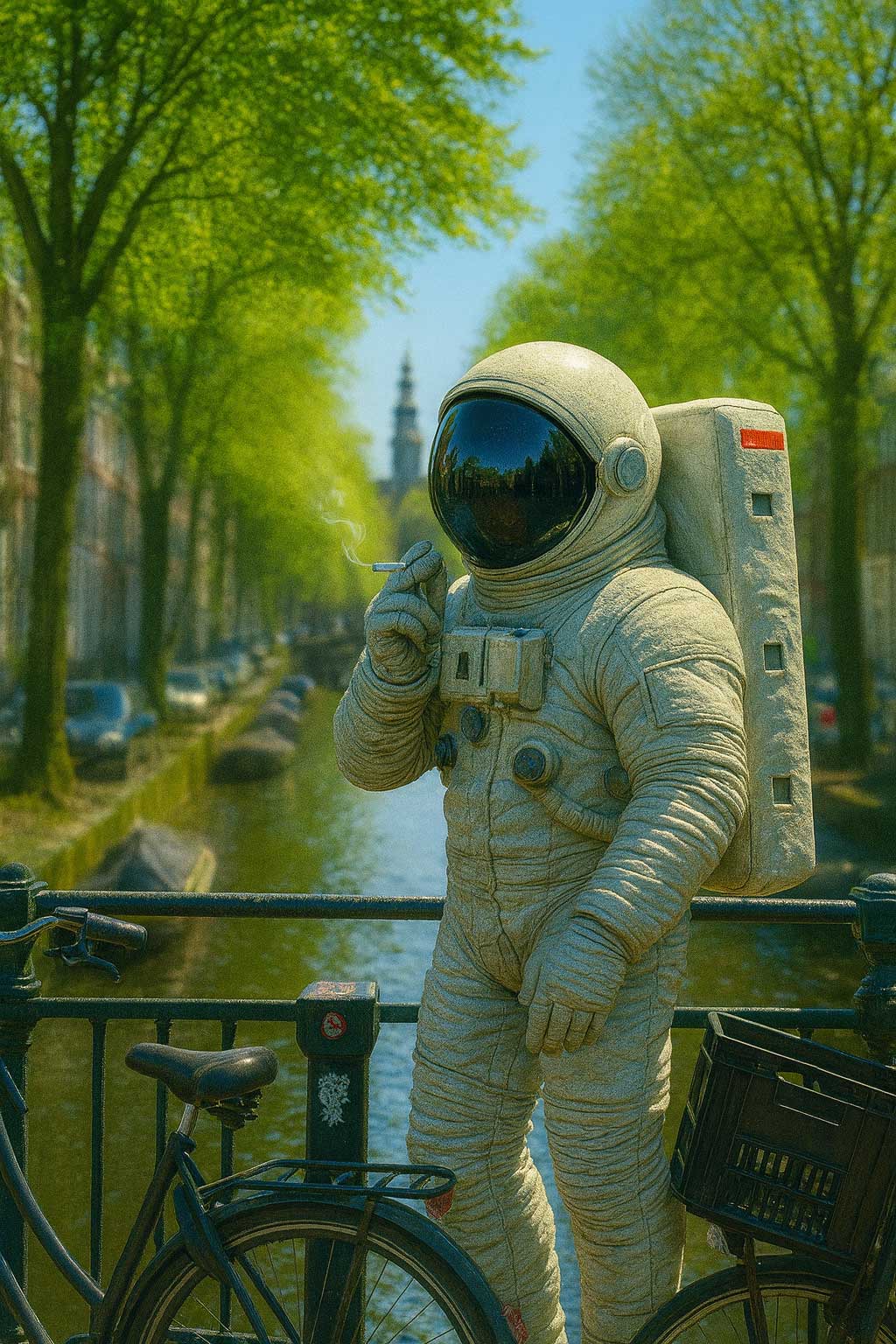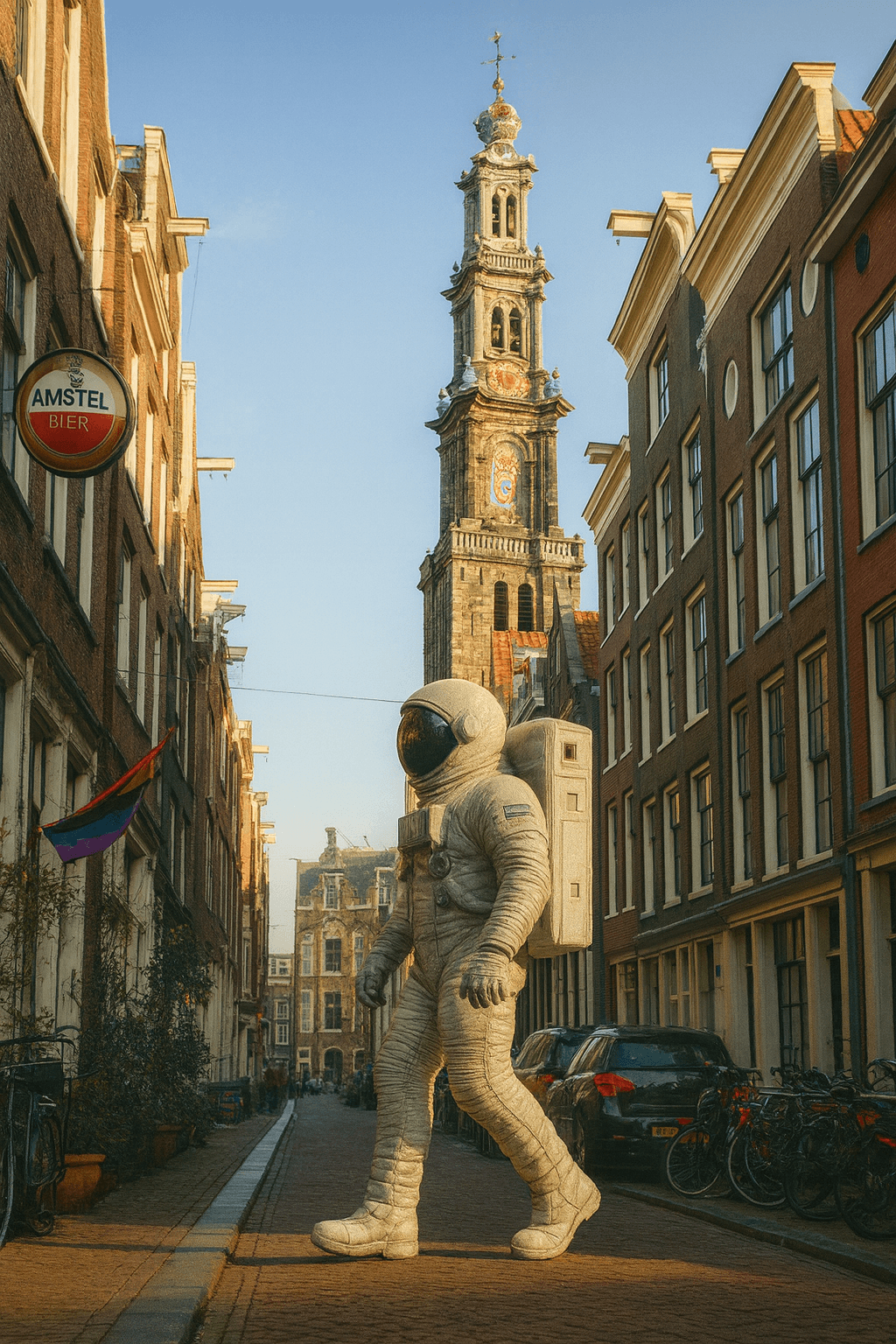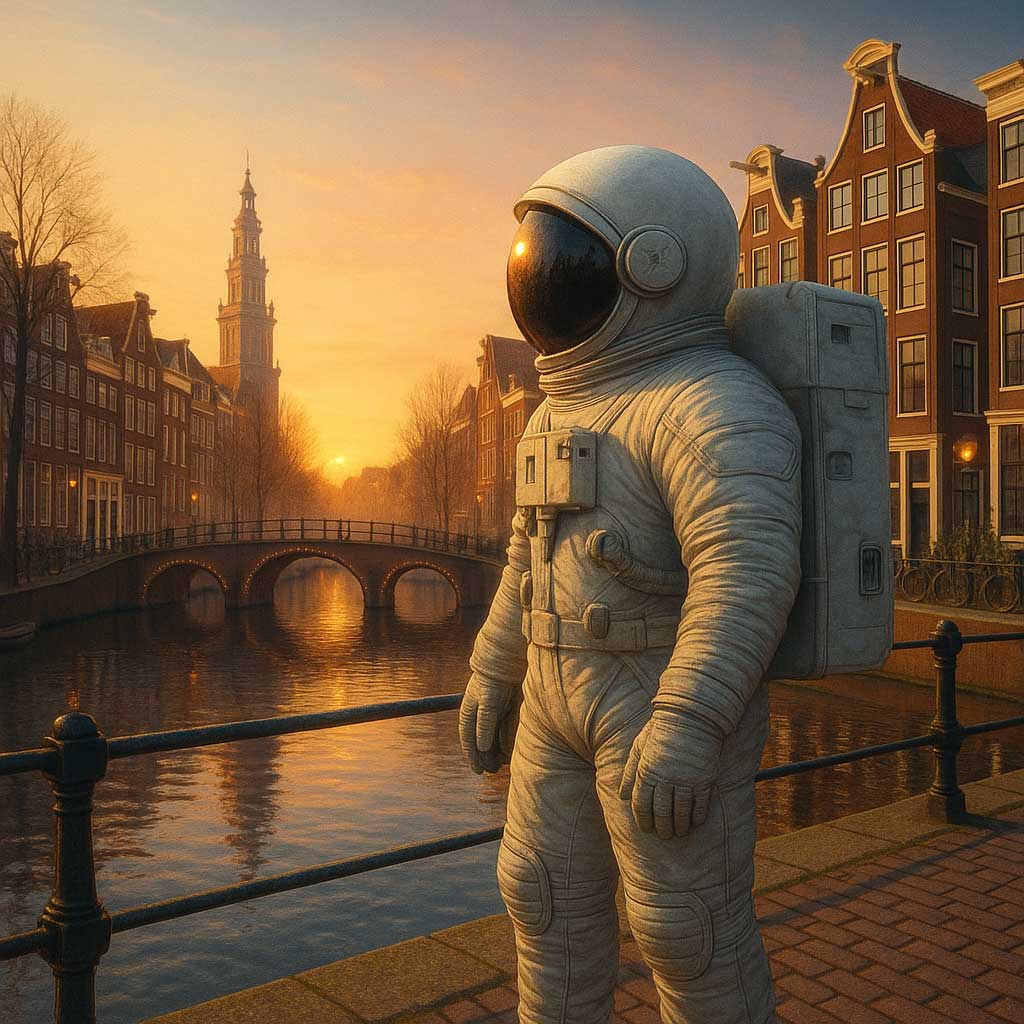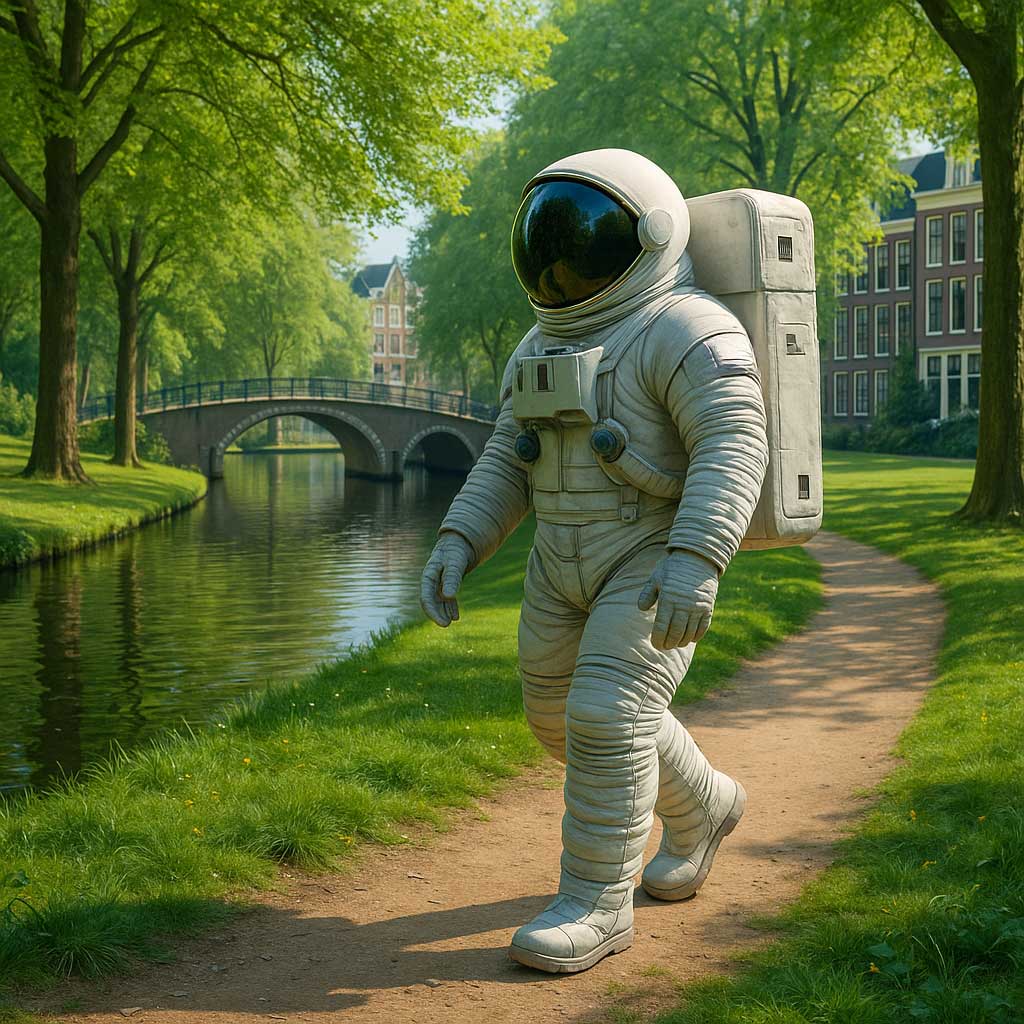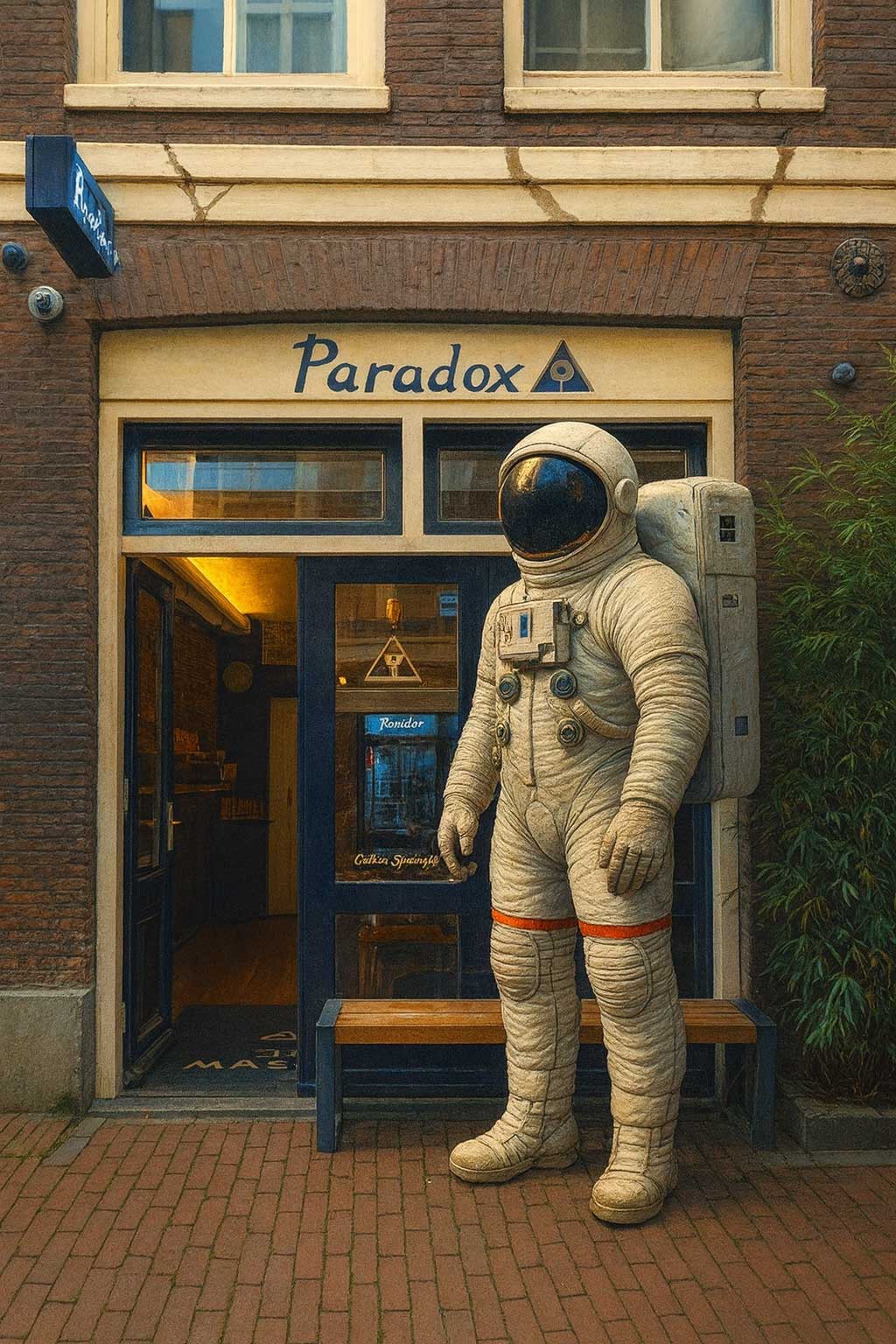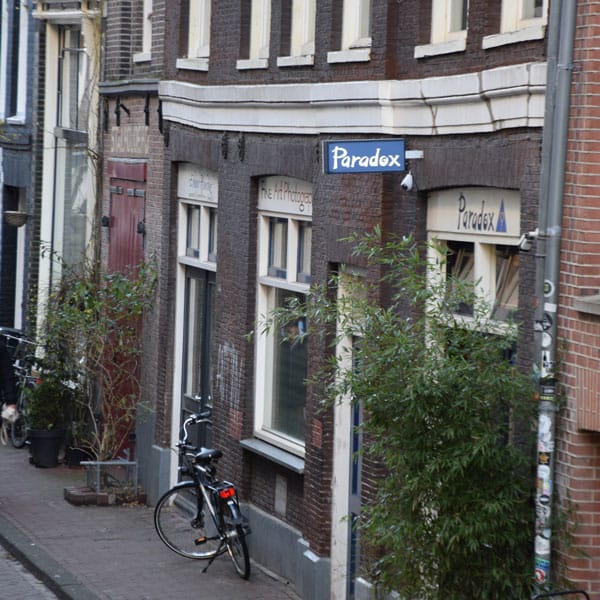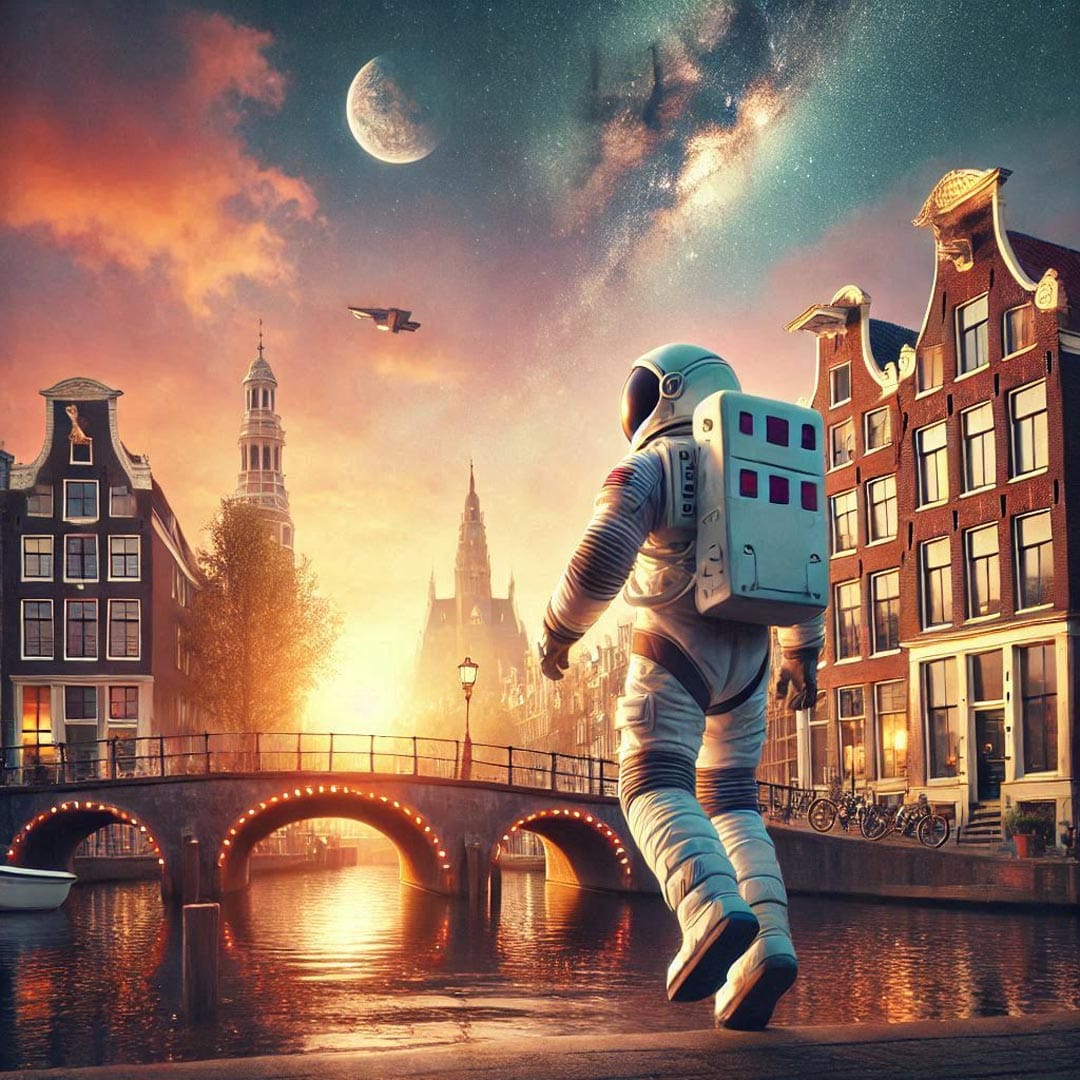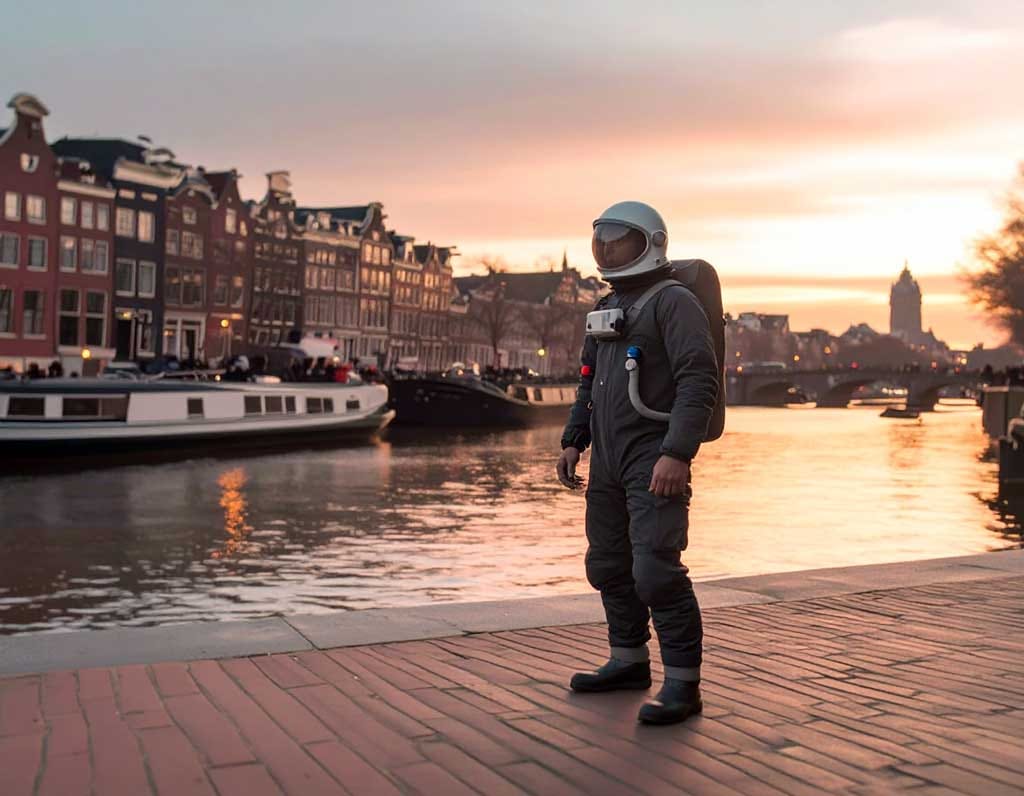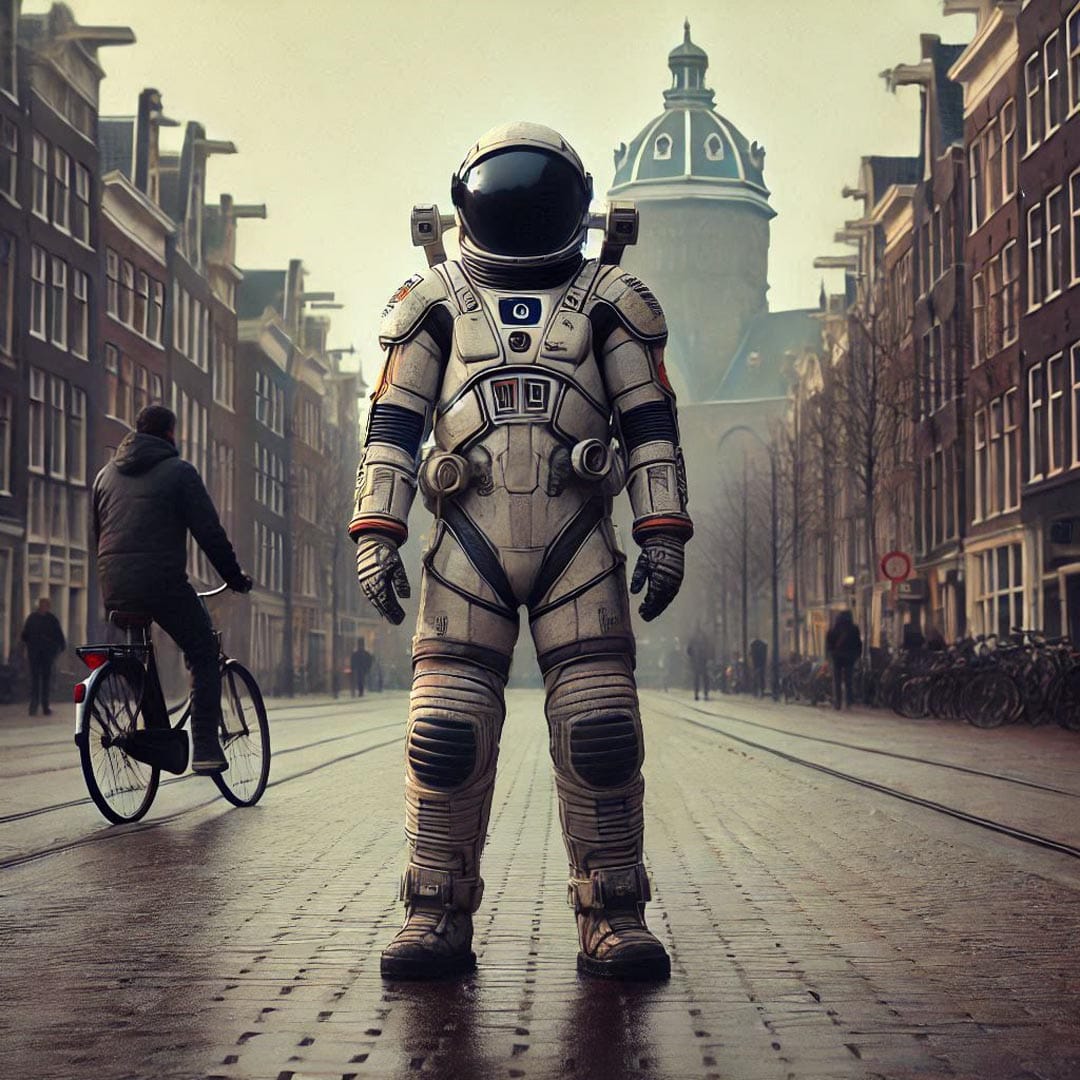Unraveling the Mystery: Why Are They Called Coffee Shops in Amsterdam?
Amsterdam’s iconic “coffee shops” hold a unique place in the city’s cultural landscape. Despite the name, these establishments are renowned not for their coffee but for their cannabis offerings. Have you ever wondered why they are called “coffee shops” in Amsterdam? In this article, we will delve into the intriguing history behind these establishments, their origin as secret cannabis vendors in the 1970s, and how they have evolved in recent years.
The History of Coffeeshops in Amsterdam
The Early Days
The story of Amsterdam’s coffee shops dates back to the late 1970s, a time when cannabis consumption was far from mainstream. Back then, cannabis enthusiasts were forced to rely on illegal dealers or grow their own plants clandestinely.
The Birth of the “Coffeeshop” Concept
Amsterdam’s innovative approach to cannabis began when some individuals decided to offer cannabis openly and legally in small, cozy settings. To avoid confusion with regular cafes, they coined the term “coffee shop.” The idea was simple: a place where patrons could enjoy a cup of coffee while also purchasing and consuming cannabis.
The “Tolerance Policy”
The success of these early coffee shops prompted the Dutch government to adopt a unique approach known as the “tolerance policy.” Under this policy, the sale of small quantities of cannabis (up to 5 grams) in licensed establishments was decriminalized. The primary aim was harm reduction, separating the cannabis market from hard drugs and reducing crime associated with drug trafficking.
The 1980s: A Period of Growth
The 1980s witnessed a rapid growth of coffee shops throughout Amsterdam. These establishments became popular not only among locals but also among tourists seeking a unique and liberal experience. Amsterdam’s reputation as a cannabis-friendly destination began to flourish.
The Original Secret and Illegal Sale of Cannabis
The Underground Cannabis Scene
Before the emergence of coffee shops, cannabis enthusiasts had to navigate a clandestine world of underground dealers and secret gatherings. The quality and safety of the products were often questionable, and buyers faced the risk of legal repercussions.
Clandestine Cannabis Clubs
In the 1970s, a few daring individuals decided to change this landscape. They formed “cannabis clubs” and started selling cannabis openly, albeit secretly. These clubs operated in a discreet manner, often requiring a membership card for entry to evade law enforcement. Mellow Yellow coffeeshop in Amsterdam (which closed in 2017) was the first to obtain a license from the City of Amsterdam in 1972.
Police Tolerance
Surprisingly, the Dutch police turned a blind eye to these early cannabis clubs. While the sale and consumption of cannabis remained illegal, authorities were more focused on addressing more serious drug-related issues. This unofficial tolerance allowed the cannabis scene to thrive.
The Transition to Legal Coffee Shops
As the popularity of these underground cannabis clubs grew, they gradually evolved into the now-familiar coffee shops. This transition from secrecy to legality marked a significant turning point in the history of cannabis in Amsterdam.
The Evolution of Amsterdam’s Coffee Shops in Recent Years
Regulations and Restriction
In recent years, Amsterdam’s approach to coffee shops has undergone some changes. The Dutch government has introduced stricter regulations aimed at curbing drug tourism and reducing the number of coffee shops, particularly in tourist-heavy areas.
Resident-Only Policies
Certain municipalities have adopted “resident-only” policies, allowing only Dutch residents to enter and purchase cannabis from local coffee shops. This move is an attempt to address the negative side effects of mass cannabis tourism.
Quality Control and Safety Measures
While the coffee shop concept remains a cornerstone of Amsterdam’s cannabis culture, there has been a growing emphasis on quality control and safety. Many coffee shops now source their cannabis from regulated growers, ensuring higher standards of product quality and safety.
Diversification of Offerings
In response to changing regulations and consumer preferences, some coffee shops have diversified their offerings. In addition to cannabis, they now serve non-alcoholic beverages, snacks, and even offer cultural events, creating a more holistic experience for patrons.
The Ongoing Debate
The question of whether to maintain or further restrict Amsterdam’s coffee shops continues to be a subject of debate among policymakers, residents, and the cannabis industry. Striking a balance between preserving the city’s unique cultural heritage and addressing concerns related to cannabis tourism remains a complex challenge.
Conclusion
The mystery behind why Amsterdam’s cannabis-selling establishments are called “coffee shops” finds its roots in the innovative and pragmatic approach of the late 1970s. These establishments have not only transformed the cannabis scene but also contributed to Amsterdam’s international reputation as a liberal and welcoming destination for cannabis enthusiasts.
From their secretive beginnings to their evolution into legal and regulated businesses, coffee shops in Amsterdam have come a long way. As the city continues to adapt its approach to cannabis tourism and consumption, it will be fascinating to observe how these iconic establishments evolve in the years to come.
While the future of Amsterdam’s coffee shops remains uncertain, one thing is clear: their historical significance and cultural impact on the city are undeniable, making them an integral part of Amsterdam’s identity.

